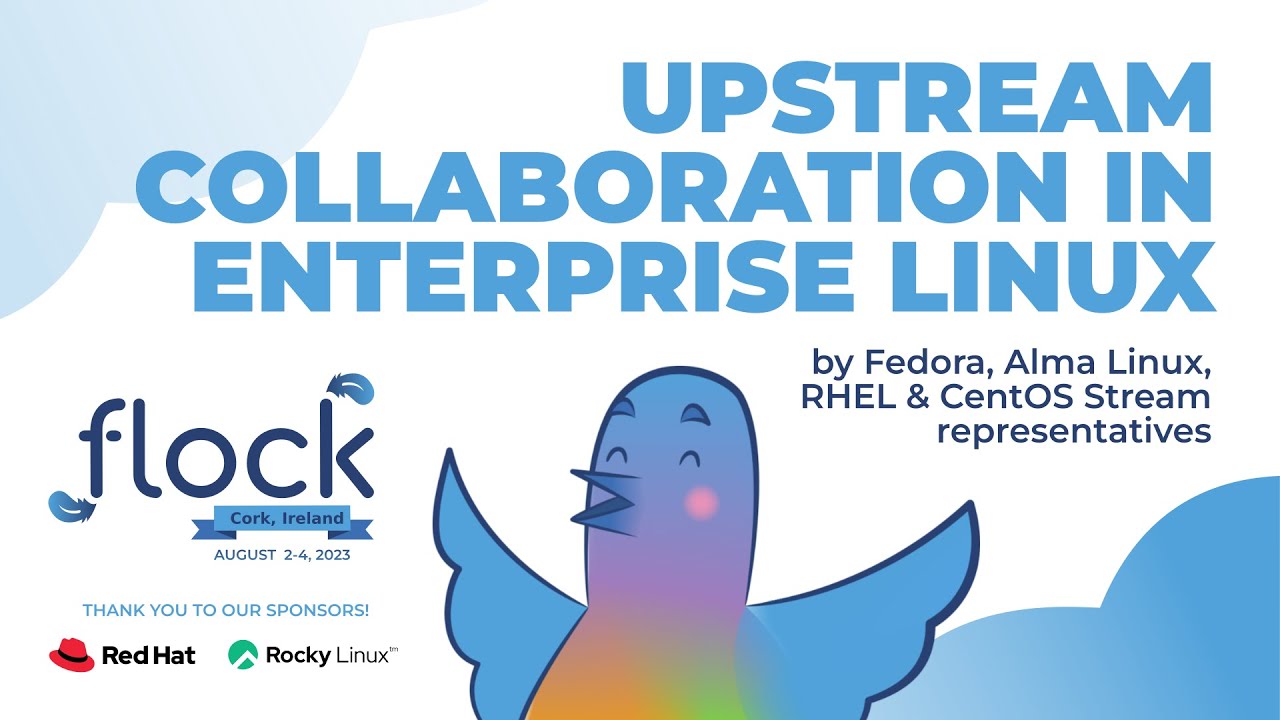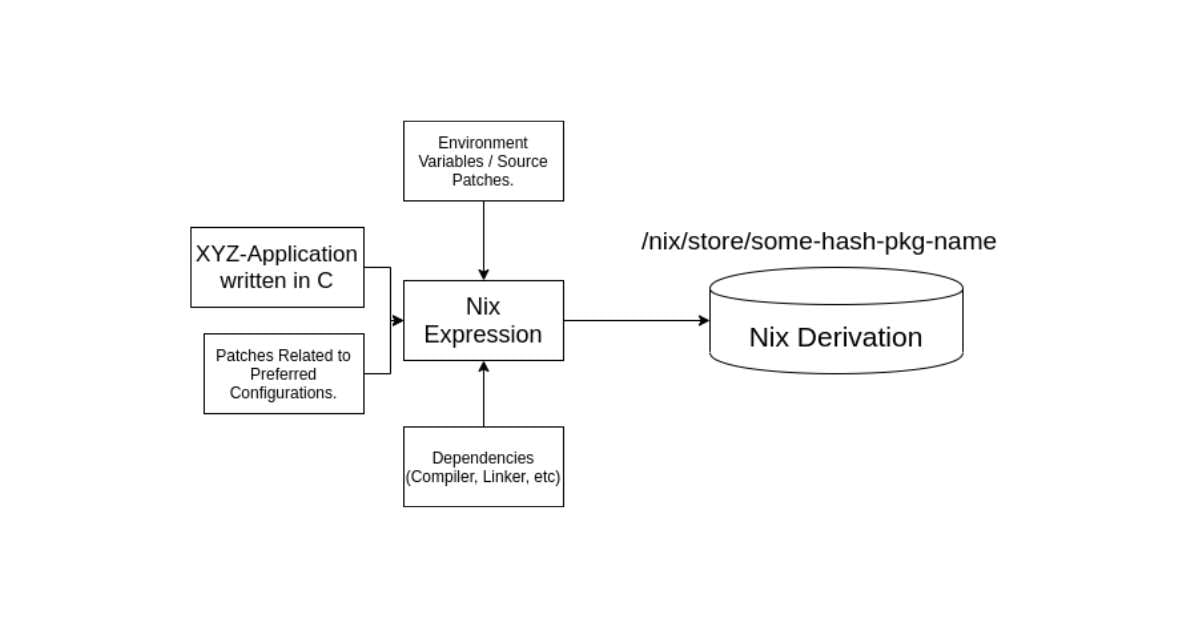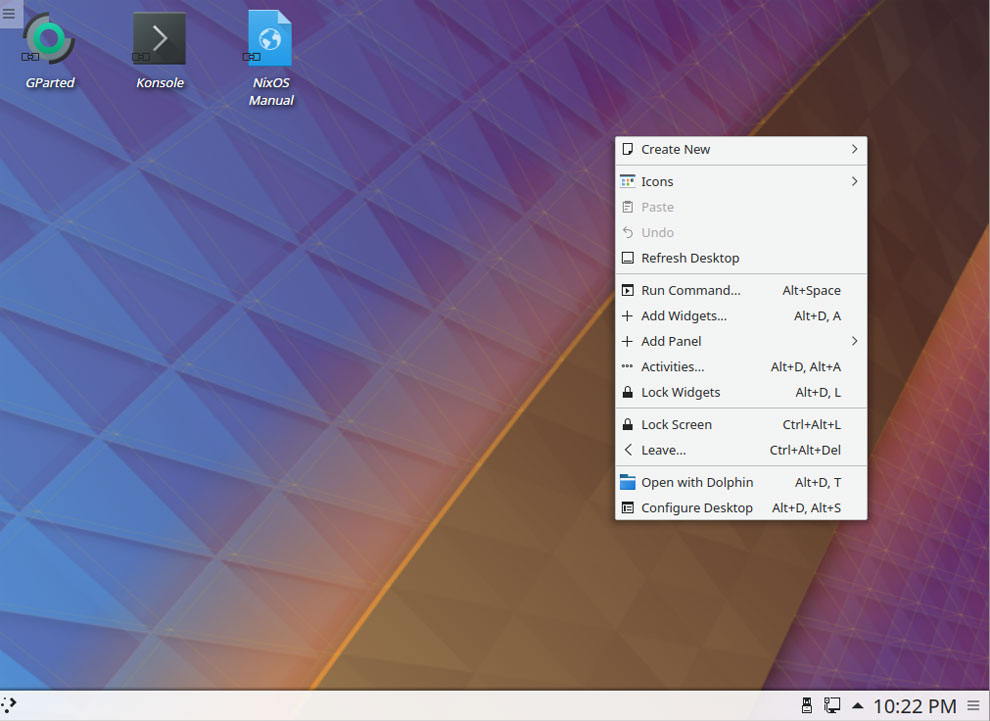
The Ever-Evolving World of Linux: A Tale of Vulnerabilities, Community, and Legacy
In the realm of Linux, where innovation meets tradition, recent events have shed light on the intricate dance between security vulnerabilities, community collaboration, and the enduring legacy of this open-source operating system.
Unveiling the Looney Tunables Vulnerability
The cybersecurity landscape was recently rocked by the discovery of the “Looney Tunables” Linux privileged escalation vulnerability (CVE-2023-4911). Researchers from Aqua Nautilus were the first to report an exploit attack linked to this critical flaw. In a blog post dated November 3, the Aqua Nautilus team pointed fingers at threat actor Kinsing as the mastermind behind the attack. The imminent release of a detailed report promises to reveal the full extent of the breach.
The Reign of Kinsing: A Cloud Menace
Kinsing, a notorious threat actor, has established a formidable presence in cloud environments, with a particular focus on targeting Kubernetes clusters, Docker APIs, Redis servers, and Jenkins servers. Known for their agility in exploiting new vulnerabilities and persistent efforts to capitalize on misconfigurations, Kinsing poses a significant threat to the security of cloud infrastructures. The recent incidents involving vulnerable Openfire servers and compromised PostgreSQL servers underscore the far-reaching impact of this vulnerability across various containerized Linux systems.
Mitigating the Threat: A Call to Action
As security teams brace for potential attacks leveraging the Looney Tunables vulnerability, proactive measures are essential to safeguard critical systems. Comprehensive investigations to identify indicators of compromise, timely patch management, stringent access controls, and continuous vulnerability assessments are crucial steps in fortifying defenses against malicious actors.
Lessons from Linus Torvalds: Nurturing the Linux Ecosystem
While the cybersecurity realm grapples with emerging threats, the Linux community stands as a beacon of collaboration and resilience. Linus Torvalds, the visionary behind Linux, shared insights gleaned from over three decades of stewardship. Emphasizing the importance of effective communication and community engagement, Torvalds highlighted the pivotal role of maintainers in driving the evolution of Linux. By fostering a diverse ecosystem of contributors and embracing new technologies like Rust, Linux continues to adapt and thrive in an ever-changing landscape.
Damn Small Linux 2024: Reviving Old Machines
In a nod to the past, Damn Small Linux (DSL) resurfaces in 2024, offering a lifeline to aging hardware seeking a new lease on life. Originally conceived as a lightweight distro for obsolete machines, DSL has evolved to cater to modern computing needs while retaining its minimalist ethos. With a revamped interface, updated software stack, and enhanced compatibility, DSL 2024 exemplifies the enduring appeal of repurposing legacy systems for contemporary use.
Embracing the Future: A Harmonious Blend of Tradition and Innovation
As the Linux ecosystem navigates the complexities of cybersecurity threats, community dynamics, and technological advancements, the spirit of collaboration and adaptability remains at its core. From addressing critical vulnerabilities to empowering a new generation of developers, Linux continues to embody the ethos of open-source innovation and inclusivity.















